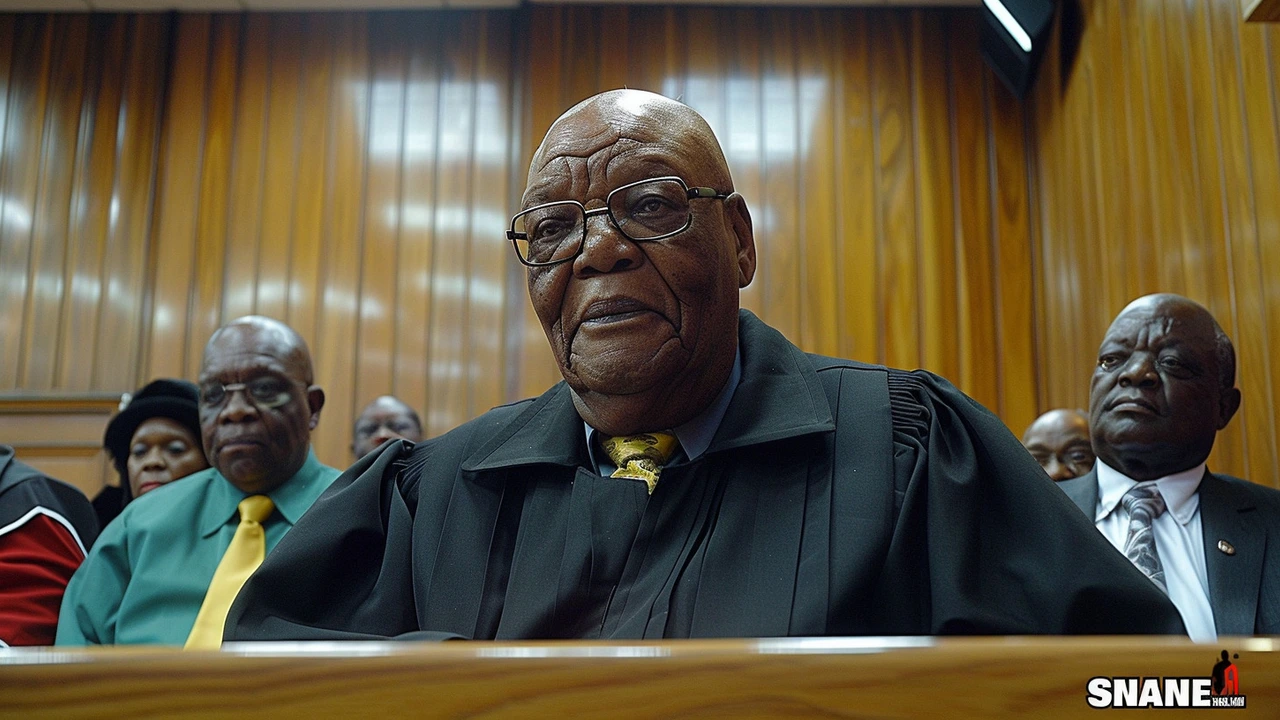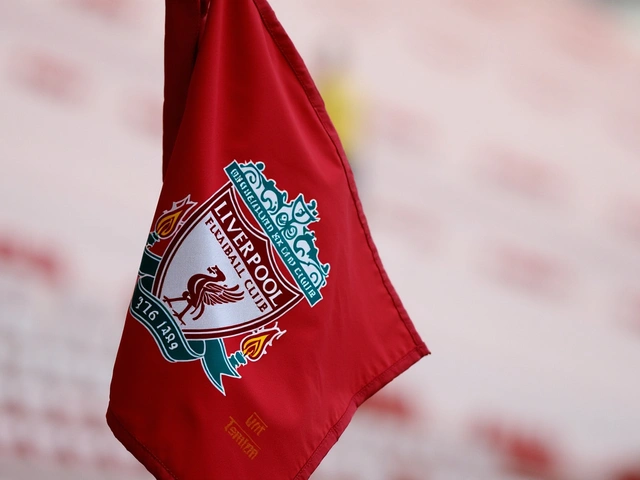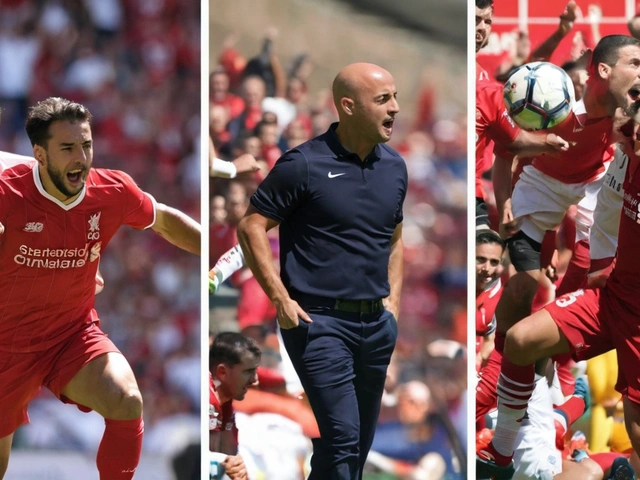- Home
- Electoral Court Examines MK Party Leadership Dispute Amid Forgery Claims and Internal Strife
Electoral Court Examines MK Party Leadership Dispute Amid Forgery Claims and Internal Strife

Electoral Court Examines MK Party Leadership Dispute Amid Forgery Claims and Internal Strife
The courtroom of the Gauteng High Court in Johannesburg has become the latest battleground for the uMkhonto weSizwe (MK) Party's internal conflict. This time, it's a leadership dispute that has attracted considerable attention, with former party leader Jabulani Khumalo bringing forward the case. Khumalo claims that his removal from the party's leadership was based on forged documents, which he alleges were crafted by Duduzile Zuma-Sambudla, daughter of the party's new leader, former President Jacob Zuma.
At the center of this storm is a critical document that purportedly reassigns Khumalo's leadership powers to Zuma. Khumalo is arguing that this letter was not only falsified but was also strategically employed to usurp his position as the party leader. He aims to have the court declare his removal as invalid, restoring him to his former role. The stakes are high, and the allegations are severe, involving not just party politics but also potential criminal implications.
The proceedings in the court have been nothing short of dramatic. In an unusual twist, Zuma himself briefly fell asleep during the session, requiring a nudge from his council to re-engage him in the hearing. This minor incident, while seemingly trivial, underscores the tension and high emotions surrounding this case. It also adds a touch of human frailty to the legal battle, highlighting the exhaustive nature of these prolonged court sessions.
The Electoral Commission of South Africa (IEC) and the MK Party appear to be united in their defense, arguing that the allegations of forgery are criminal in nature and should be handled by a criminal court rather than the Electoral Court. This jurisdictional debate adds another layer of complexity to an already intricate case. If the matter is relegated to a criminal court, it could delay the resolution and potentially shift the dynamics of the charges being faced.
For some background, the MK Party has been no stranger to internal conflicts and controversies. The former military wing of the African National Congress (ANC), the party has seen its fair share of leadership struggles and ideological rifts. This current situation, however, brings those internal tensions into the spotlight in a way that could have far-reaching consequences for its future. The leadership dispute could either consolidate its direction or further fragment an already divided organization.
Former President Jacob Zuma's involvement brings additional political weight to the situation. Zuma, a polarizing figure in South African politics, has a loyal following, as well as relentless critics. His ascendancy to the top position within the MK Party is seen by some as a strategic move to bolster his influence, especially given his legal challenges and political sagas that have marked his career. The allegations of forgery against his daughter Duduzile Zuma-Sambudla add an element of personal intrigue to the already convoluted story, further entangling the political and personal dimensions in this case.
The reserved judgment in this matter leaves room for speculation and anticipation. Parties involved and the public at large are keenly observing how the court navigates these multifaceted issues. If the allegations of forgery are proven, it could result in significant legal repercussions for Duduzile Zuma-Sambudla and perhaps even undermine Jacob Zuma's leadership within the MK Party.
Legal Implications
The legal ramifications of this case are profound. Forgery, if proven, carries heavy penalties and could lead to prison sentences. For a party already struggling with internal strife, such legal battles could be detrimental. An invalidation of Khumalo's removal would mean a severe blow to Jacob Zuma's credibility within the party and could spark a wave of factional conflicts, potentially leading to a split.
Furthermore, the decision of whether this case should be heard in an electoral or criminal court will set a precedent for future political disputes involving criminal allegations. The IEC's stance on directing the case to a criminal court is rooted in their argument that electoral courts are not equipped to handle the burden of criminal investigations and should focus on electoral integrity and oversight.
Stakeholders and Their Interests
The stakeholders in this case include not only the immediate parties, such as Khumalo, Zuma, and Zuma-Sambudla, but also the wider political landscape of South Africa. The African National Congress (ANC), from which the MK Party originated, will also be closely watching these developments. Khumalo's challenge can be seen as a litmus test for the party's governance structures and its ability to manage internal conflicts.
Supporters of Khumalo argue that his removal was a politically motivated attempt to concentrate power within a faction loyal to Jacob Zuma. For them, the restoration of Khumalo signifies a return to legitimate governance and a fight against corrupt practices. Meanwhile, Zuma's backers view his leadership as a necessary step to fortify the party’s position and reinvigorate its mission, even if it involves tough political maneuvers.
Looking Ahead
As the court reserves its judgment, the MK Party and its followers remain in a state of limbo. The resolution of this case might not only determine the party's immediate leadership but also influence its trajectory. An organizational restructuring could be on the cards, depending on the court's decision and any subsequent fallout.
This case serves as a microcosm of South Africa's broader political landscape, where struggles for power, allegations of wrongdoing, and deep-rooted loyalties play out in public and judicial arenas. The outcome will be closely monitored, not just by those directly involved but by anyone interested in the evolution of South African politics and governance.
Conclusion
The ongoing leadership dispute within the uMkhonto weSizwe Party has unveiled a complex web of political, legal, and personal conflicts. With allegations of forgery against high-profile individuals and a former president caught in the mix, the stakes are incredibly high. The court's decision, whether to address this in an electoral or criminal context, will have lasting implications for the party and the political landscape of South Africa. All eyes are now on the Gauteng High Court as it prepares to deliver its judgment, a decision that could redefine leadership and accountability within one of the most storied organizations in South African history.


Write a comment